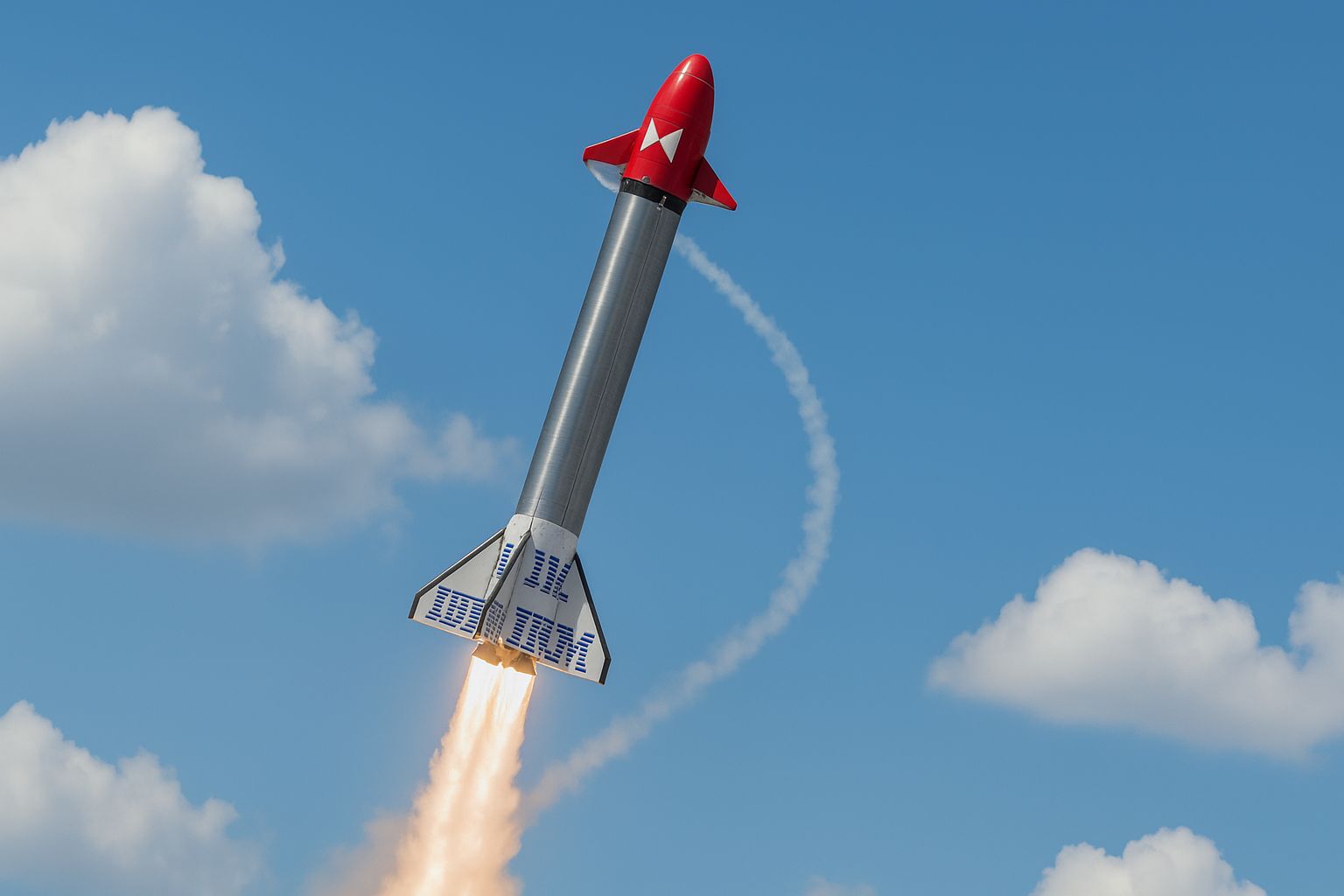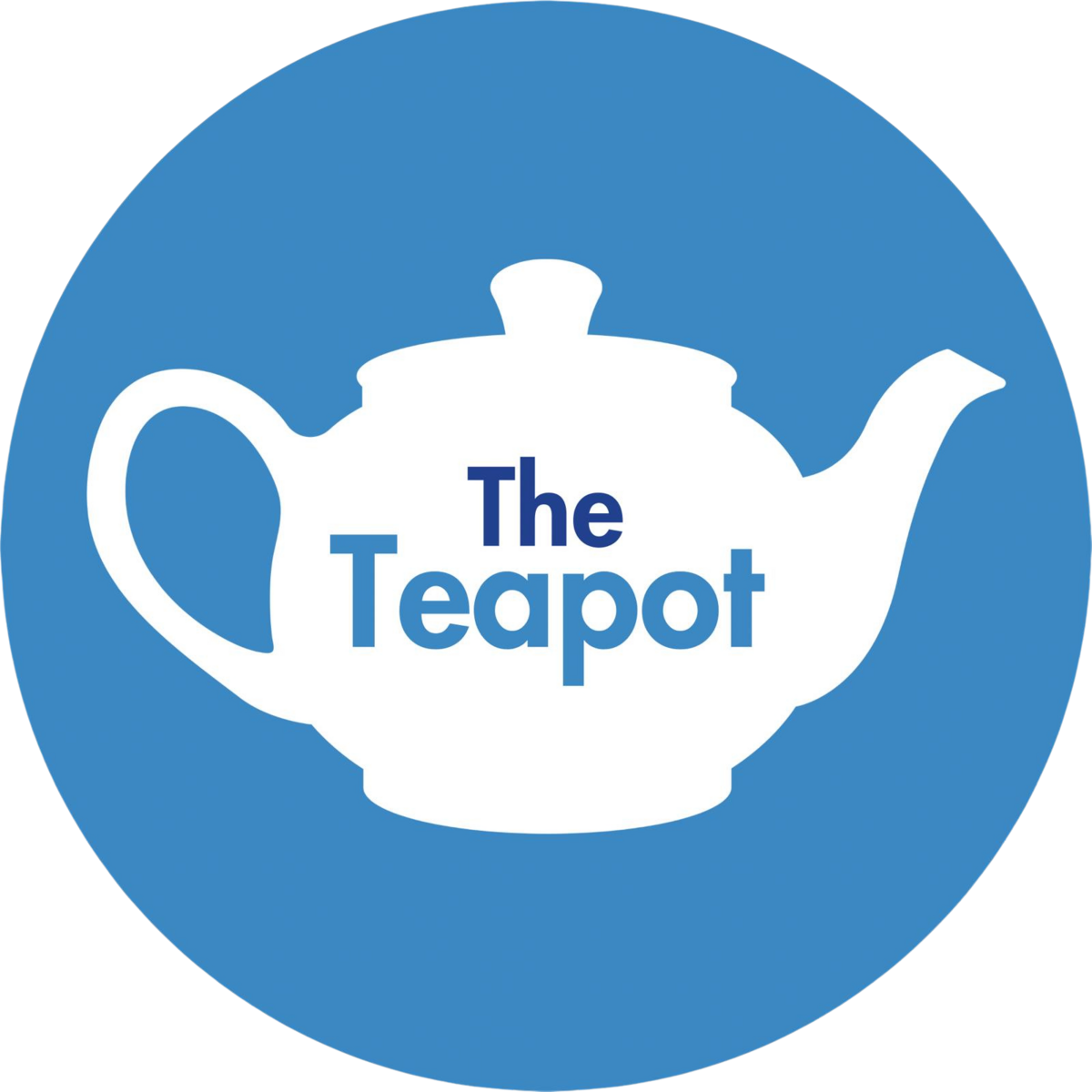Happy Monday. Remember the trend where everything was cake? We’re blowing the lid off a more real life version - it’s all apple juice.
Here’s a great one to play with all of your friends. Next time you reach for a bottle of your favourite smoothie at your local supermarket, regardless of flavour, take your bets on the % of the smoothie is apple juice. We’re yet to find one less than 50%.
MARKETS
| FTSE 100 | £9,284.83 | +0.63% |
| FTSE 250 | £21,681.48 | +0.39% |
| GBP/EUR | €1.1451 | -0.18% |
| GBP/USD | $1.3402 | -0.45% |
| S&P 500 | $6,643.70 | -0.75% |
Data: Google Finance, 5-day Market Close
Notable UK earnings this week: Carnival (CCL), Tesco (TSCO), Zego Communications (ZEG), J D Wetherspoons (JDW), Boku (BOKU).
Notable US earnings this week: Nike (NKE), Paychex (PAYX), Jefferies Financial Group (JEF), Acuity (AYI).
📈📉
PROJECT WATCH
🏗️ Stax engineering investing £38m in UK port operations. Read more
🤖 Go ahead for £100m AI data centre in Tees Valley. Read more
🏨 £800m Multiplex breaks ground in London South Bank. Read more
BUSINESS & FINANCE
Co-op hit from cyber attack disclosed
The Co-op Group's half-year profits have taken an £80 million walloping, thanks to a cyber attack in April that left shelves empty, systems paralysed, and the balance sheet looking like it had been mugged in broad daylight. Compared to the previous year's modest £3 million profit, the group now sits with a £75 million loss. Not exactly a members’ dividend moment.
Turns out, the full-year damage could climb to a whopping £120 million - all because cyber criminals fancy themselves the new-age highwaymen. And while the Co-op had some insurance for operational disruption, it didn’t stretch to the full cyber catastrophe. A bit like insuring your car for scratches and forgetting about the engine.
Sales revenue alone took a £206 million dive - and that’s just the start of it. In-store chaos followed, with payment woes and stock shortages, prompting the Co-op to go into triage mode by prioritising rural outlets. Got to keep the tea and biscuits flowing in the countryside, after all.
Govt loan for cyber-struck JLR
Keeping with cyber attacks, and with halloween on the horizon. Jaguar Land Rover must be feeling like it's stuck in a never-ending horror film. The UK government has stepped in with a hefty £1.5bn loan guarantee to keep the wheels-metaphorically, at least-turning at the carmaker. A cyber-attack at the end of August has halted production and left suppliers sweating harder than Brits in a September heatwave. No cars have been built this month, and the supply chain is crumbling quicker than a soggy custard cream.
The loan, underwritten via the Export Development Guarantee scheme (because nothing says ‘strong economy’ like emergency state aid), comes from a commercial bank and is aimed at shielding workers and small suppliers from going under. Around 30,000 people are directly employed across JLR’s UK factories, with nearly 100,000 tied to its supply chain. Some of those businesses-mostly SMEs-are hanging on by a threadbare financial shoelace. One week’s cash on hand, zero cars on order, and a Christmas bonus looking less likely than a snow day in Birmingham.
POLITICS

Border battles and brit-cards
Sir Keir has dealt his latest hand in the migration poker game: a mandatory digital ID card, the so-called “Brit card”. By 2029, anyone wanting a payslip will need one - no card, no job.
Modelled on Estonia’s slick system, the app-based ID will confirm who has the right to work or rent in the UK, while employers’ checks feed straight into the Home Office machine. Fans say it’ll make border control simple and services speedier; critics mutter “Big Brother”.
Cross-channel swaps and Trumpian tweets
On the migrant front, the UK’s new “one in, one out” deal with France made its maiden voyage this week: four deported, three admitted. Ministers say it sends a sharp message to smugglers; critics say it’s more “drop in the Channel” than “sea change”, given 1,000 still arrived last Friday.
Donald Trump, never one for subtlety, advised Starmer to “call out the military”. With 32,000 arrivals so far this year, the pilot deal may be more political lifeboat than practical solution - but for now, it’s one family in, one headline out.
Patriots in power
Labour’s £5bn “Pride in Place” plan promises to revive Britain’s battered high streets with fresh parks, spruced-up play areas, and the chance to rescue that boarded-up boozer from a Vape Mart Express.
Communities will wield new powers that could block the likes of dodgy barbers and betting shops, while councils can seize derelict buildings for local use. Starmer is spinning it as a victory for “true patriots” shaping their own towns.
ACROSS THE POND
Pharma tariff time
Donald Trump must’ve dusted off his dancing shoes, the tariff tango is back for (yet) another round. In a curtain-raiser fit for a pantomime, his new tariffs on pharmaceutical imports are giving everyone the jitters—but especially dear old Britain. Yes, whilst the EU and Japan are waltzing away with just a 15% tariff, the UK seems to have missed its step and faces a whopping 100% wallop on pharmaceuticals. What happened to the special relationship?
In what's being dubbed the "Nightmare on Pharmaceutical Street," Trump’s decree stated that countries with cleverly negotiated agreements involving drugs avoid this tariff tap dance. Seems the EU and Japan have savvy legal teams who crafted deals that sailed past Trump’s tariff temper tantrum, leaving the UK's public health spellbound and wondering—where did we go wrong?
TikTok US saved by executive order
Hold the phone… just as the clock was running down for TikTok’s US operations, the dance is back for another round in the U.S., thanks to an executive order by Donald Trump. Valued at a foot-tapping $14 billion, TikTok’s American rendition will twirl under a joint-venture company, while Chinese company ByteDance retains a modest 20% sway, pending approval from the People’s Republic.
The majority share of this American TikTok venture pirouettes to tech luminary Oracle, Silver Lake, and UAE’s MGX, seizing 45% of the stake. Not one to miss a great party, Vice President JD Vance confirmed the plan valued TikTok's rollicking worth, though no price tag was presented openly. ByteDance must have been detoxing in the green room, as they were noticeably absent from the signing.
TECH

Quantum quids in
HSBC and IBM have banked a quantum first: showing qubit computers can outperform traditional models in bond trading. Their experiment delivered a 34% boost in predicting whether a trade would stick, and will likely see them make more than a few qubits of cash.
Finance chiefs are calling it the dawn of a new era; cynics may wonder if it just means faster ways to win the same old game. Either way, it’s proof that the City may soon be running on Schrödinger’s spreadsheets.
Speed, solace, and subscriptions
China’s fastest electric car company, BYD, has dethroned Bugatti with its Yangwang U9, an all-electric hypercar that just hit a record-breaking 308 mph in Germany. Nearly 3,000 horsepower, four motors, and the Nürburgring conquered in under seven minutes.
Changing gears entirely, back home, West Berkshire care homes are trialling robotic pets to soothe loneliness and dementia. Soft, fur-coated and programmed to nuzzle without complaint, they’re less Nürburgring, more nurturing.
And for those who prefer their companionship with a scrollbar, Meta is now extending UK users the privilege of an ad-free feed for £2.99 a month, letting them finally ditch the supposedly serendipitous targeted ads for whatever their phone last overheard.
Starships on standby
SpaceX has successfully fired up all six engines of its Starship upper stage at Starbase in Texas. The megarocket, the biggest ever built, is gearing up for its 11th test flight after last month's success, when both stages splashed down in their target zones and Starship deployed eight dummy payloads.
Flight 11 will be the swan song for Starship Version 2, before the bigger, bolder V3 takes over - the one NASA will land astronauts on the Moon by 2027 and send humans Mars-bound by 2029. But with orbital refuelling still unproven, the delays are stacking up almost as high as the rocket itself.
WORLD

Secrets, spies and spyware
Taiwan has sentenced four former presidential aides for slipping secrets to Beijing. The men, unmasked as moles and once close to the ruling Democratic Progressive Party, leaked diplomatic intel for years.
In Athens, Greece’s spyware scandal has shuffled into court, with two Israelis and two Greeks accused of flogging Predator software. 87 phones, including those of cabinet ministers and generals, were tapped, often hand-in-glove with Greece’s own intelligence agency.
Peking’s pledge
After years of diplomatic prodding, Beijing has finally put a number on it, unveiling China’s first absolute emissions target: a 7-10% cut by 2035. President Xi Jinping made the pledge at the UN, calling it a “beginning of decarbonisation”. The move matters - China accounts for more than a quarter of global emissions, but is it enough to keep the Paris Agreement’s 1.5°C goal alive?
Burkina Faso’s junta judgment
Burkina Faso has criminalised homosexuality, with prison terms of two to five years. The military-led transitional government passed the law unanimously, following similar moves in neighbouring Mali, Uganda and Ghana.
Under interim president Ibrahim Traoré, a leader once hailed for promising stability after successive coups, his junta now joins 32 of the 54 UN-recognised African countries that criminalise consensual same-sex sexual acts.





